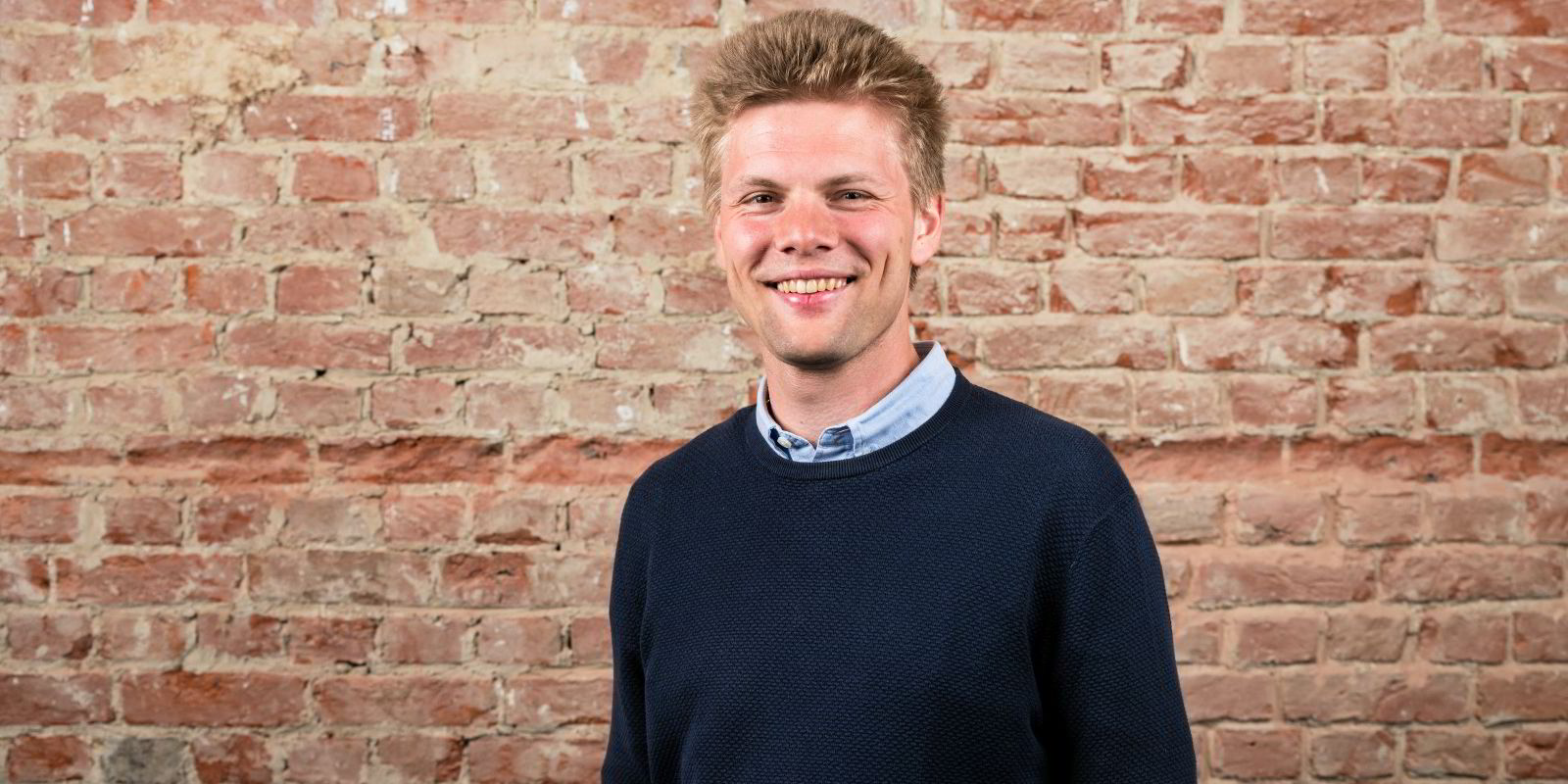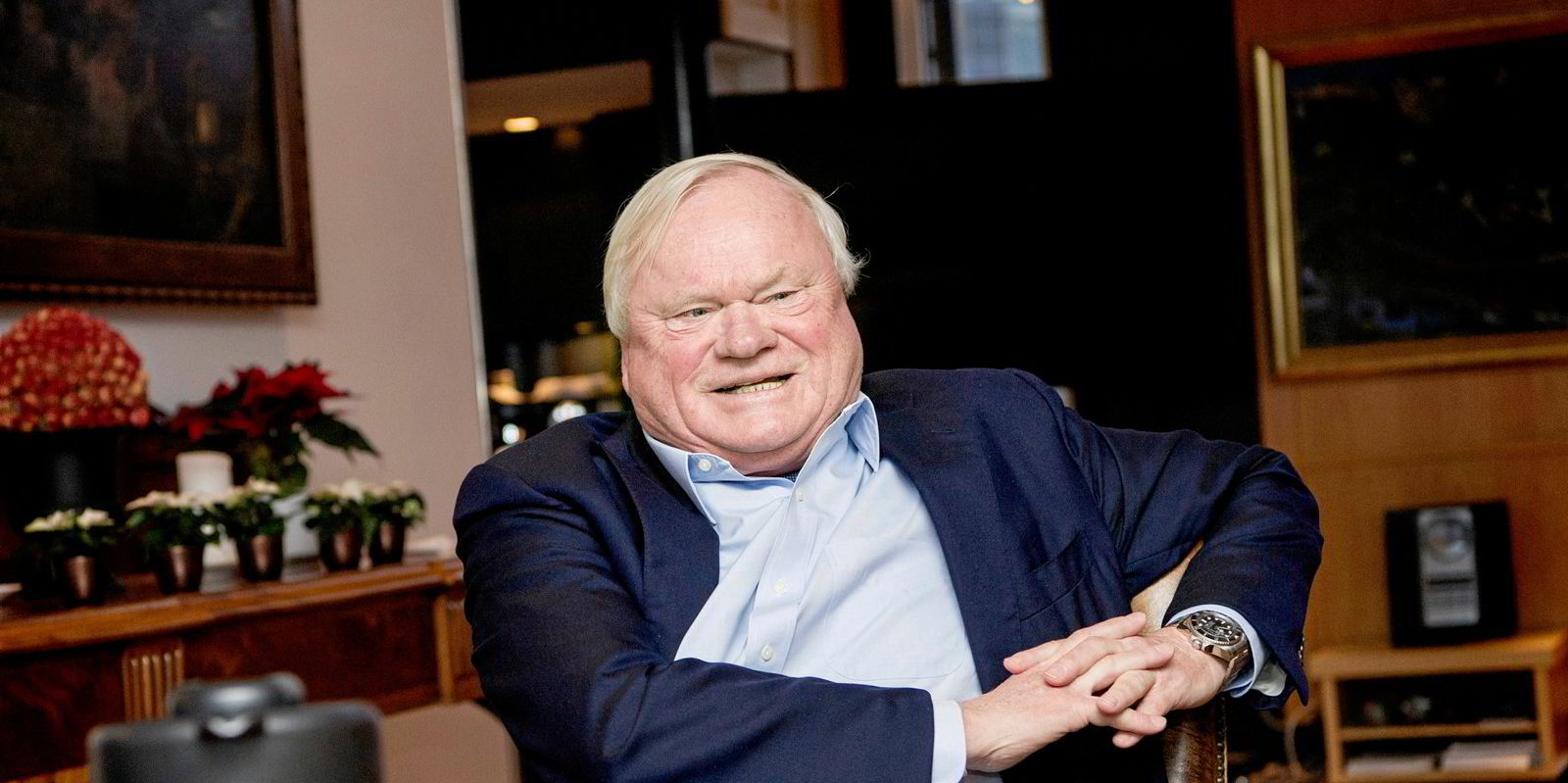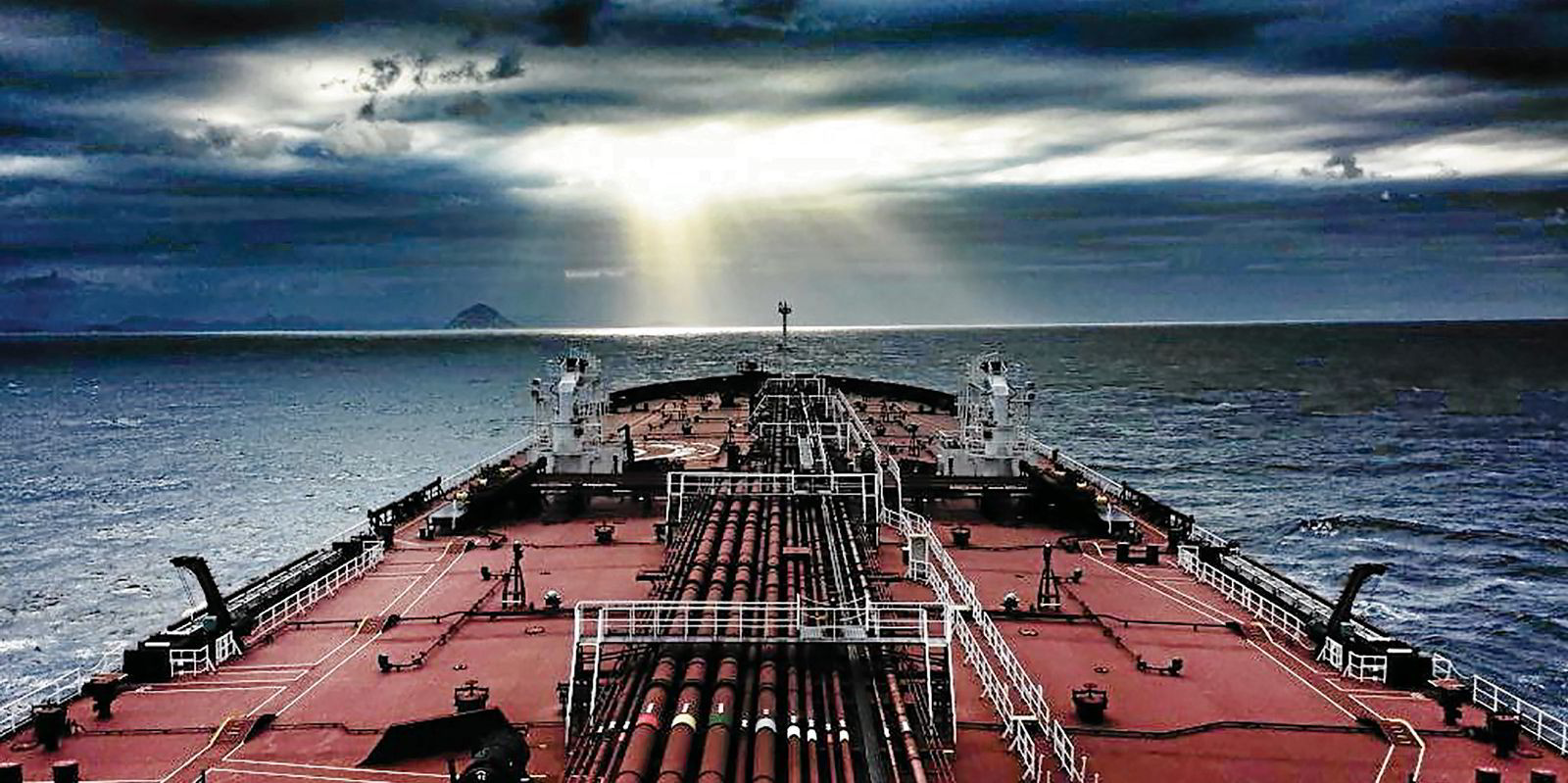Belgian tanker owner Euronav is implementing a fleet-wide rollout of compatriot vessel performance start-up Toqua’s voyage optimisation system that they say can more than double fuel savings in comparison to traditional ship-performance models.
The fleet-wide deal has followed extensive tests of Toqua’s Ship Kernels system on one of Euronav’s VLCC tankers over 16 voyages, spanning four trades in both directions and different seasons.
The tests were carried out in two pilot projects over the past two years and led to the fleet-wide installation deal that will be completed this year, irrespective of the tanker giant’s takeover battle with Frontline.
The system uses sensors to monitor and improve vessel performance for weather and speed routing. Algorithms estimate the impact of wave height and angle, wind speed and angle and currents on the speed-fuel relationship of specific ships, to minimise fuel consumption.
Seb van den Berg, senior fleet performance analyst at Euronav, said: “Our study concluded Toqua’s Ship Kernels were able to double the fuel savings potential of weather routing, underlining the importance of having good ship-performance models.”
The improvement was in comparison with traditional ship-performance models. A larger study will be carried out over the next months among Toqua, Euronav and navigation software firm. They are before exact figures are released.
Toqua and Euronav have been collaborating since 2020 after the data start-up was founded by Casimir Morobe following a master’s dissertation he wrote on using sensor data and machine learning to create improved ship-performance models.
The firm won the Economists’ Ocean Changemakers Challenge in 2021 and now has a team across data science, signal processing and naval architecture. It includes industry veteran Jeremy Langdon, a former ship’s captain who was previously behind maritime optimisation software such as C-Map and i4 Insight.
Morobe said Toqua’s ship-performance models can be used to improve many more decisions than voyage optimisation.
The name Toqua is Vietnamese for crow’s nest — the lookout point on a ship, often on a mast. Toqua founder Casimir Morobe said he liked the concept but added: “Crow’s nest doesn’t sound that nice in English and it sounds even worse in Dutch, so we just ran it through all possible languages in Google Translate. In Vietnamese, it translated to Toqua and we thought that sounded pretty cool.”
“Every single decision in shipping is affected by the quality of the speed-fuel models,” he said. “That’s why we believe to reach the first 10% to 20% in emissions reductions, it’s essential to introduce better modelling technology using sensor data.
“It’s an overlooked area of improvement that has far-reaching consequences,” he added, stating that Togua’s ambition is to get its technology on 6,500 ships by 2026.
Euronav said its study had been a controlled and conservative approach to assessing fuel-saving potential. Actual savings may vary depending on route, weather conditions, vessel performance, charterparty limits, other optimisation settings and human behaviour, but it declared first indications are very promising.
Massive step forward
Toqua said a doubling of savings would be a massive step forward in terms of decarbonisation for many shipping companies.
Morobe added that Toqua differentiates itself from other AI companies in the maritime space by not trying to be an all-in-one solution.
“We focus only on the ship-performance modelling and offer that via an application programming interface to existing solutions,” he said.
Investors include imec.istart, a Belgian accelerator programme, that was later followed by Piet Colruyt, a Belgian impact investor, and PitchDrive, a Belgian venture capital firm.





